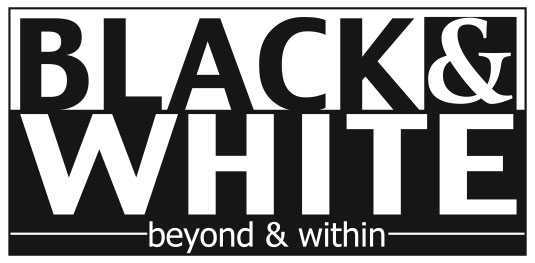
DUBAI —Dubai Humanitarian (formerly known as the International Humanitarian City) held recently the Symposium on Sustainable Supply Chain Management in Humanitarian Operations at its Centre of Knowledge and Development. More than 60 participants came from various entities, mainly UN Agencies, international non-profit organizations, commercial companies, and government entities.
Giuseppe Saba, CEO and Board Member of Dubai Humanitarian, said: “At Dubai Humanitarian, our commitment to positively impacting humanity through sustainable practices is firm. This symposium exemplifies our dedication to fostering innovation, collaboration, and actionable knowledge in the global humanitarian community. The diversity of the background and role of participants is a testament to Dubai Humanitarian’s proactive stance and pioneering role as a global hub driving collaboration and partnerships for more sustainable and efficient humanitarian action at a time when humanity needs it most.”
The symposium kicked off with a session on the Humanitarian Supply Chain, a crucial aspect of humanitarian logistics operations. Distinguished speakers from the United Nations High Commissioner for Refugees (UNHCR), the World Food Programme (WFP), and the International Federation of Red Cross and Red Crescent Societies (IFRC), Benjamin Safari, Walid Ibrahim, and Juan Galvez, respectively, provided a comprehensive overview of the humanitarian supply chain landscape. They also discussed the ongoing efforts and the importance of working with the private sector to optimize the sustainability of the supply chain through innovation in the humanitarian sector.
UNHCR’s Senior Advisor and Representative to the GCC countries, Khaled Khalifa, stated, ‘Ensuring our ability to respond to emergencies relies on preparedness, sustainable funding, and sustainable supply chain management, offering flexible operational adaptability to meet the needs of the most vulnerable forcibly displaced people.’
He added, “Our response is only possible through our inter-agency coordinated efforts, facilitated by humanitarian partners, like Dubai Humanitarian, which embodies agility and readiness to support emergency relief efforts in the region and beyond.”
The second session focused on the approach to sustainable supply and best practices in procurement in the humanitarian sector. Procurement professionals from UNHCR, WFP, and IFRC, including Fabrizio Bertora, Sergio Vatalaro, and Juan Galvez, shared insights into sustainable supply processes and the room for further enhancements through collaboration with manufacturers, producers, and service providers from the private sector.
Bouran Suleiman, Head of Logistics and Humanitarian Initiatives at Dubai Humanitarian, moderated the sessions, which delved into the impact, challenges, and opportunities of implementing sustainable practices. Representatives from commercial companies and manufacturers offered their insights on sustainable supply chain management and identified areas for enhancing collaboration.
The symposium concluded with a robust panel discussion emphasizing the shared responsibility of all stakeholders in the humanitarian community to prioritize sustainability and environmental consciousness while saving lives. It comes in preparation for a major planned event on innovation for humanitarian action. As the global challenges of climate change and resource scarcity intensify, integrating sustainable practices into humanitarian operations becomes increasingly urgent. Dubai Humanitarian and its partners reaffirm its commitment to leading by example and driving dialogue and meaningful change to pursue a more sustainable and resilient future for all.

0 Comments